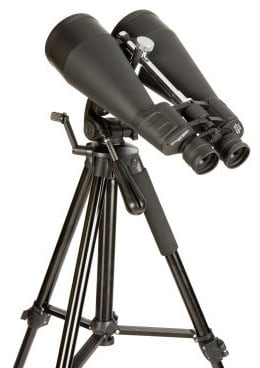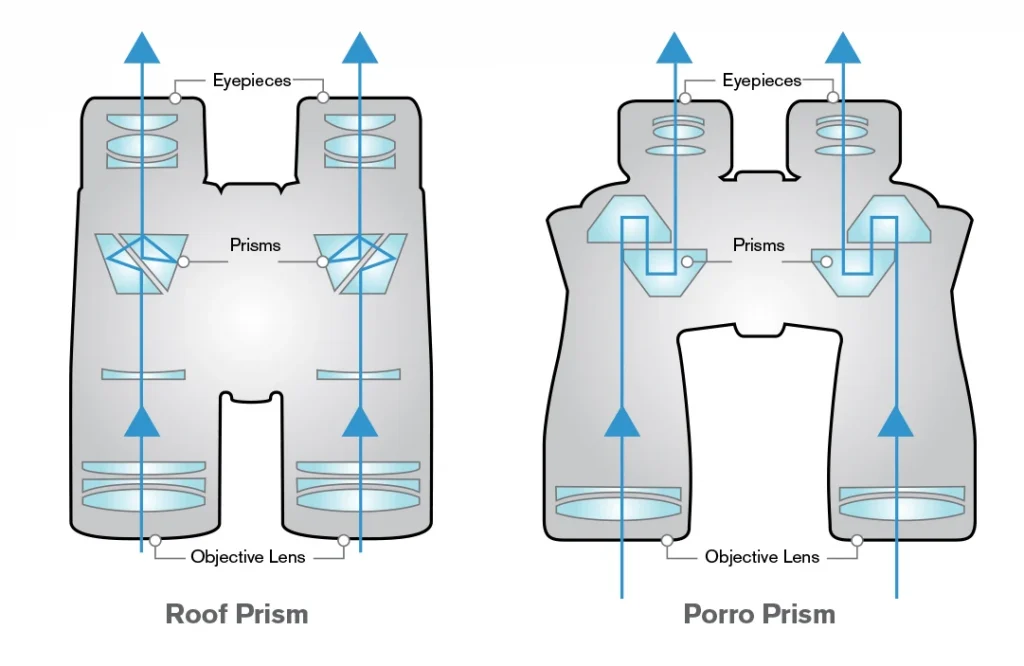Exactly How to Appropriately Take Care Of and Preserve Your Binoculars
Wiki Article
The Relevance of Field Glasses in Education And Learning and Scientific Research: Exactly How These Optical Instruments Contribute to Learning and Exploration
The assimilation of binoculars right into academic setups and scientific study is often ignored, yet their contribution to improving observational skills is substantial. These tools bridge the void between theoretical ideas and practical application, permitting pupils and researchers alike to engage with their settings in a concrete way. In disciplines ranging from environmental scientific research to astronomy, binoculars function as crucial tools that promote query and important thinking. However, the wider ramifications of these optical tools on finding out end results and scientific expedition warrant even more evaluation, particularly as we consider their prospective in forming future clinical undertakings.Enhancing Observational Skills
In academic and research setups, using field glasses significantly boosts observational abilities among students and experts alike. These optical tools facilitate a much deeper understanding of remote subjects, enabling individuals to observe information that would certainly or else remain undetected. By using binoculars, learners can analyze wildlife, huge sensations, and geological formations, fostering a much more profound connection to the subject.Binoculars function as essential tools in area studies, encouraging trainees to engage proactively with their setting. Through improved observation, they can gather data much more properly, causing enhanced analytical abilities. This hands-on experience allows for the advancement of crucial thinking, as trainees need to analyze what they see and associate it to theoretical understanding.

Bridging Concept and Practice
Empirical skills established via using field glasses naturally bring about a much more profound assimilation of academic knowledge with useful application. By taking part in straight observation, students can change abstract principles right into concrete experiences. This harmony promotes a deeper understanding of clinical principles as students attach academic structures with real-world sensations.For example, when studying bird biology, students can use their expertise of bird makeup and behavior via the lens of binoculars, observing traits such as plumage variant, feeding habits, and migratory patterns. This direct engagement not just reinforces theoretical ideas however likewise cultivates critical thinking and analytical abilities.
Moreover, using binoculars urges students to create theories based on their observations, consequently enhancing their clinical questions abilities. They can proactively examine these hypotheses in the field, resulting in a more experiential learning environment that promotes interest and exploration.
Fundamentally, binoculars serve as a vital device in linking the gap between class understanding and fieldwork - Binoculars. page They encourage trainees to end up being energetic participants in their education, motivating an all natural approach to comprehending the all-natural globe and its intricacies. Thus, the assimilation of theory and practice is essential for promoting educated and involved students
Applications in Environmental Scientific Research
Making use of binoculars in ecological science improves the ability to observe and assess ecosystems with better accuracy. These optical instruments are essential for carrying out area studies, allowing scientists to keep track of wild animals populations, assess plant health and wellness, and evaluate environment problems without interrupting the native environment. Field glasses help with the recognition of species at different ranges, allowing scientists to collect vital data on biodiversity and actions.In environmental research study, binoculars are important tools for ornithologists studying bird habits and movement patterns. They make it possible for scientists to tape-record observations over extended periods, adding to useful longitudinal researches - Binoculars. In addition, field glasses play a vital role in habitat assessments, as they permit the comprehensive observation of plant communities and their interactions within environments
Ecological instructors additionally gain from field glasses, as these tools enhance experiential knowing chances. Trainees can involve directly with their surroundings, cultivating a deeper admiration for ecological systems. By including binoculars right into academic programs, teachers can influence the future generation of environmental researchers.
Role in Astronomy Education And Learning
Making use of field glasses in astronomy education gives an accessible gateway for trainees and fanatics to discover celestial sensations (Binoculars). Unlike huge telescopes, field glasses are mobile, easy to use, and relatively low-cost, making them an optimal introductory device for observing the night sky. Pupils can quickly engage with the universes, fostering a hands-on understanding experience that improves their understanding of astronomical principlesField glasses enable users to observe a selection of holy objects, consisting of the Moon, worlds, and galaxy. This accessibility urges exploration and observation, crucial components of clinical query. Pupils can establish important skills such as information collection, observation methods, and also fundamental astrometry. Notably, binoculars work as a bridge to much more intricate expensive tools, giving fundamental experiences a knockout post that can spark much deeper rate of interest in the area.
In instructional setups, directed binocular sessions can promote team partnership and conversation, enhancing the discovering experience. The common experience of observing celestial spheres can cultivate a feeling of community among students. Overall, binoculars play an important role in debunking astronomy, making it approachable and appealing for people in all degrees of education and learning.

Inspiring Inquisitiveness and Inquiry
Binoculars not just facilitate the observation of holy sensations but likewise spark a feeling of curiosity and query amongst pupils. By providing a better check out remote objects, binoculars motivate students to ask inquiries and explore the atmosphere around them. This device changes passive discovering right into an energetic, engaging experience, fostering a deeper understanding of click here now scientific ideas.When pupils make use of binoculars to observe wildlife, landscapes, or huge things, they develop observational skills that are critical for scientific inquiry. The act of concentrating on certain information prompts them to formulate hypotheses, carry out examinations, and reason based upon their observations. This process not just enhances their vital assuming capacities yet likewise nurtures a long-lasting passion for expedition.
Moreover, field glasses can link the space between academic expertise and real-world application. Inevitably, the use of field glasses in academic settings offers as a catalyst for inquisitiveness, equipping students to seek understanding with enthusiasm and cultivating a sense of marvel about the globe around them.
Conclusion
In recap, binoculars act as vital tools in education and clinical research study, significantly enhancing observational abilities while bridging the space between theoretical expertise and useful application. Their varied applications in fields such as environmental scientific research and astronomy highlight their relevance in promoting curiosity and query amongst trainees. By assisting in detailed assessments of distant topics, field glasses not only influence the future generation of scientists however additionally cultivate an extensive appreciation for exploration and the clinical approach.Report this wiki page